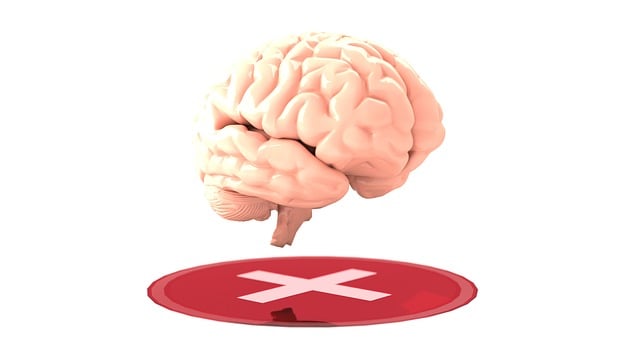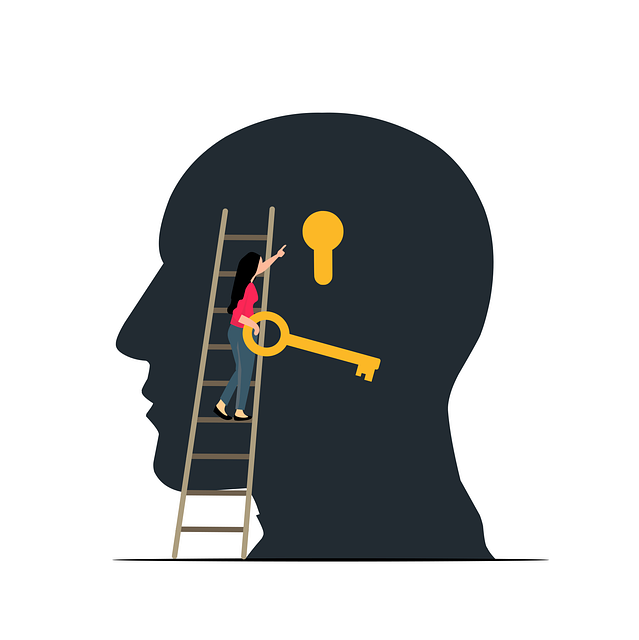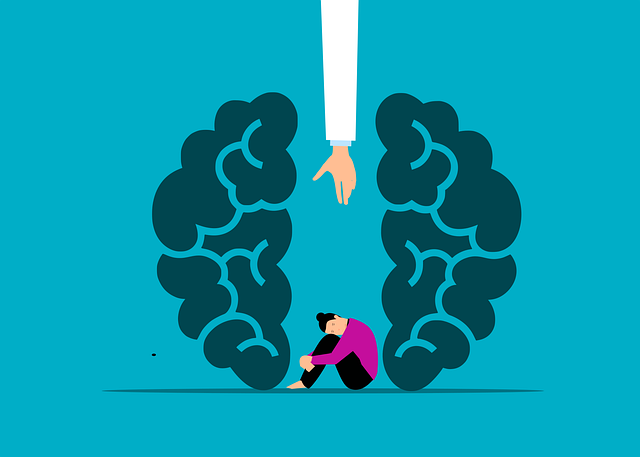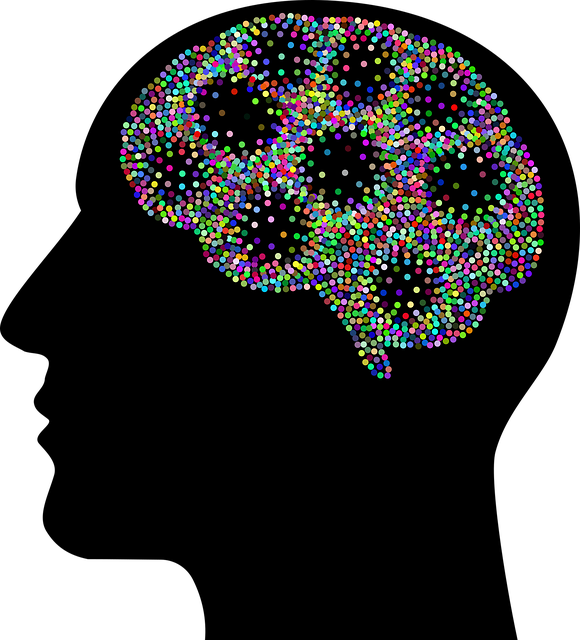Broomfield American Sign Language (ASL) Therapy tackles the diagnostic challenges faced by mental health professionals treating deaf or hard-of-hearing individuals. By ensuring effective communication, integrating specialized assessment tools and therapeutic methods like Stress Reduction and Risk Management Planning, this program enhances diagnostic accuracy, improves access to care, and ultimately benefits underserved communities, promoting positive mental wellness outcomes and self-esteem.
Mental illness diagnosis accuracy is a critical aspect of patient care, yet current practices present significant challenges. This article explores the gaps in traditional diagnostic approaches and their impact on misdiagnosis rates, which can hinder effective treatment outcomes. We introduce Broomfield American Sign Language (ASL) Therapy as a novel solution, focusing on how incorporating ASL into mental health assessments can enhance diagnosis accuracy, particularly for deaf and hard-of-hearing individuals. Additionally, we emphasize the importance of comprehensive training and awareness programs to address cultural sensitivity and communication barriers in mental healthcare.
- Current Challenges in Mental Illness Diagnosis
- – Exploring the gaps in current diagnostic practices
- – Impact of misdiagnosis on patient outcomes and treatment effectiveness
Current Challenges in Mental Illness Diagnosis

The diagnosis of mental illnesses presents several challenges that impact treatment outcomes. One significant hurdle is the complexity and diversity of symptoms across various disorders, often leading to misdiagnosis or delayed identification. For instance, conditions like depression and anxiety can manifest differently in individuals, making it difficult for healthcare providers to pinpoint the exact disorder. Furthermore, comorbidities—when a person has two or more concurrent mental health disorders—are common, adding another layer of complexity to accurate diagnosis.
Broomfield American Sign Language (ASL) Therapy plays a crucial role in overcoming these challenges. ASL therapists are trained to communicate effectively with individuals who are deaf or hard of hearing, ensuring that vital information about their mental health experiences is accurately conveyed. This inclusive approach is particularly beneficial for under-served communities where cultural or language barriers might otherwise hinder access to quality mental healthcare. Additionally, integrating Stress Reduction Methods and Risk Management Planning for Mental Health Professionals into diagnostic practices can enhance accuracy by teaching caregivers and specialists to recognize subtler symptoms and manage potential risks during the assessment process.
– Exploring the gaps in current diagnostic practices

Mental health professionals often face challenges when diagnosing individuals with mental illnesses due to various gaps in current practices. One significant issue is the lack of comprehensive assessment tools tailored to diverse populations, including those who are hard of hearing or deaf. The Broomfield American Sign Language (ASL) Therapy program has been a game-changer in addressing this gap. By providing specialized services and training, it ensures that individuals within these communities receive accurate evaluations and appropriate treatment. This is crucial as many traditional diagnostic methods may overlook the unique communication and cultural nuances of deaf and hard-of-hearing individuals.
Furthermore, the impact of unaddressed trauma on mental health diagnoses cannot be overstated. Trauma support services play a vital role in this process, offering tools like conflict resolution techniques to help individuals process and overcome traumatic experiences. By integrating these services alongside diagnostic practices, healthcare providers can gain a more holistic understanding of an individual’s mental well-being, improving the overall accuracy of diagnoses and ultimately enhancing self-esteem improvement and overall treatment outcomes.
– Impact of misdiagnosis on patient outcomes and treatment effectiveness

Misdiagnosis in mental health can have profound consequences for patients and their treatment journeys. When a patient is incorrectly labeled with a particular disorder, it may lead to inappropriate or even counterproductive treatments. This can result in delayed access to effective interventions, causing distress and potentially exacerbating symptoms. For instance, a person struggling with anxiety might be misdiagnosed as having depression, receiving medication that does not address their specific needs, thus prolonging their suffering.
Accurate diagnosis is the cornerstone of successful treatment planning. Broomfield American Sign Language Therapy recognizes this challenge and focuses on enhancing diagnostic practices. By integrating Self-Care Routine Development for Better Mental Health, Coping Skills Development, and Mental Wellness Coaching Programs, they strive to improve diagnosis accuracy. These strategies empower individuals with tools to better understand their experiences, enabling early identification of symptoms and guiding them towards tailored, effective support.
Mental illness diagnosis accuracy is a critical aspect of patient care, and efforts to improve it are essential. By addressing the current challenges, such as those highlighted by exploring gaps in diagnostic practices and understanding the impact of misdiagnosis, we can enhance treatment effectiveness. Broomfield American Sign Language Therapy offers innovative approaches, ensuring that patients receive accurate evaluations and tailored interventions. Through continued research, education, and the adoption of advanced tools, we can navigate these complexities, ultimately fostering better patient outcomes and a more supportive mental health landscape.














